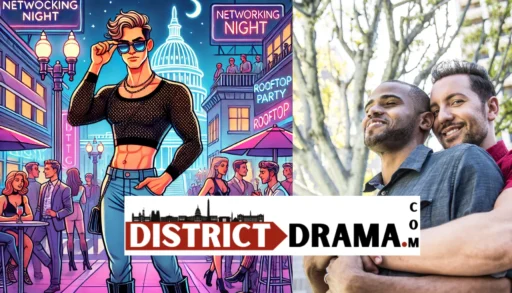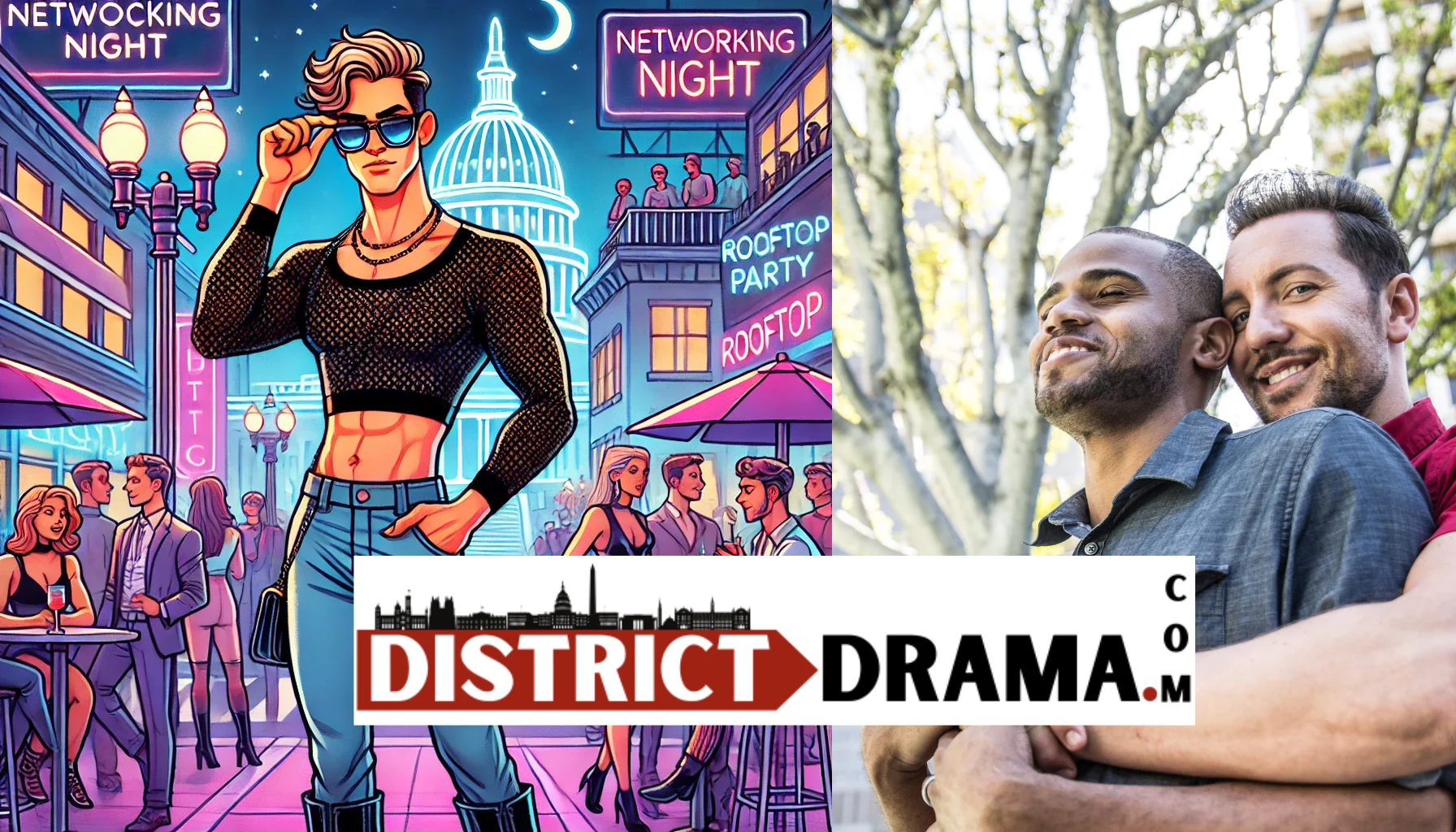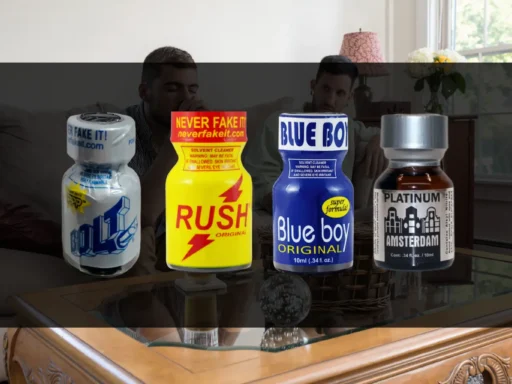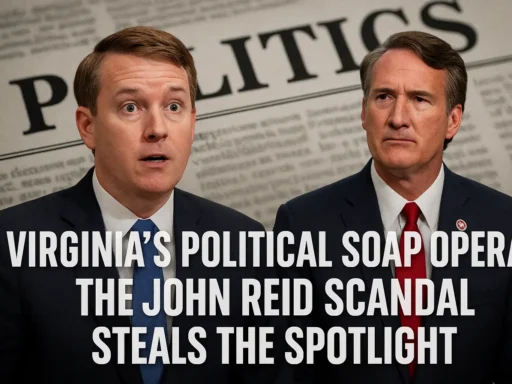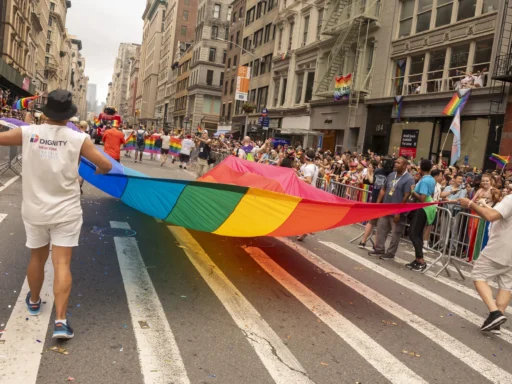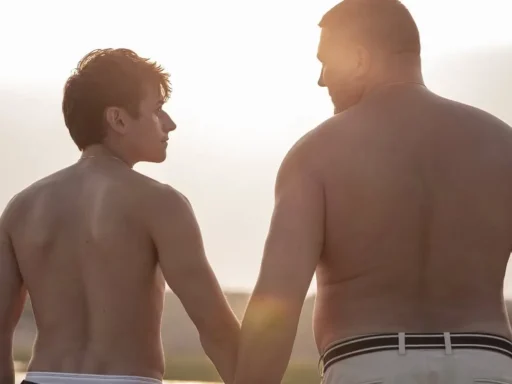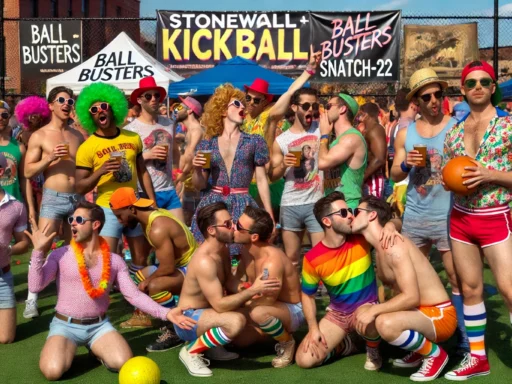Okay DC, are you ready for this one? We’ve yet to receive a “Dear Abby” letter until, well, a few days ago. “Eye Swallow” reaches out to us with the following statement:
Dear District Drama,
Okay so, full disclosure: I’m writing under a fake name because, yes, I have a job [REDACTED] but also, yes, I do swallow if you’re worth it. 🫶
Anyway, I’m a recent [REDACTED] grad who just moved from sunny San Jose to the wilds of Washington, D.C., and y’all… I’m struggling. Like, dating here feels less like “let’s vibe and see where it goes” and more like “what can you do for me, and how fast?” It’s giving LinkedIn with abs.
Now don’t get me wrong—I’m hot. Like, swipe-right-without-reading-the-bio hot. I’m used to guys actually making plans, not ghosting unless there’s a rooftop party or a drag brunch emergency. But here? Everyone’s either hyper-scheduled or borderline feral. No one seems interested in connecting unless there’s an open bar and a team photo.
Is D.C. just a magnet for narcissists with strong calves and commitment issues? Or am I just in some kind of “new city, new me, but actually ew” adjustment phase?
When I go back to the Bay or visit fam in Chicago, I don’t feel this disconnected. People there actually make eye contact—and I don’t mean the kind you give across the room at Number Nine before disappearing into the night.
Am I alone in this, or does anyone else feel like dating in D.C. is just a never-ending game of emotional dodgeball?
Help a twink out.
xo,
Frustrated but Flawless in Foggy Bottom
[Screenshot of Email]Okay District Drama followers, we’re here to dig into this one — because why not? I want to dig into this one piece by piece.
Disclaimer: While we have consulted with a licensed clinical and forensic psychologist to inform the content of this article, it was written by the DistrictDrama.com team.DC Gay Men Can Be Assholes
Yes, we said it — we’ve done our research–sources confirm (gay) men can be assholes. But, ones in Washington, DC are in particularly narcissistic individuals. For this piece, we knew we had to get the real take, so we reached out to Dr. Tova F. Manautua-Goldberg, M.A., Ph.D. To say Dr. Manautua-Goldberg is an expert in working with narcissistic men is an understatement, to stay the least (obviously, we changed Tova’s name to protect the “innocent”). [This is not the Doctor’s real name]
Gay Men Are Mean… The Doctor’s Response
Dear Frustrated but Flawless in Foggy Bottom….
(see below)
“Your witty and heartfelt letter paints a vivid picture of the challenges you’re facing in Washington, D.C.’s dating scene, and I want to start by saying you’re not alone. The feelings of disconnection and frustration you describe are shared by many, especially newcomers navigating the city’s unique social landscape. As a clinical and forensic psychologist with expertise in interpersonal dynamics, I’ll break down what’s going on in D.C.’s dating culture, particularly for gay men, and offer some practical, compassionate advice to help you find the connections you’re seeking.
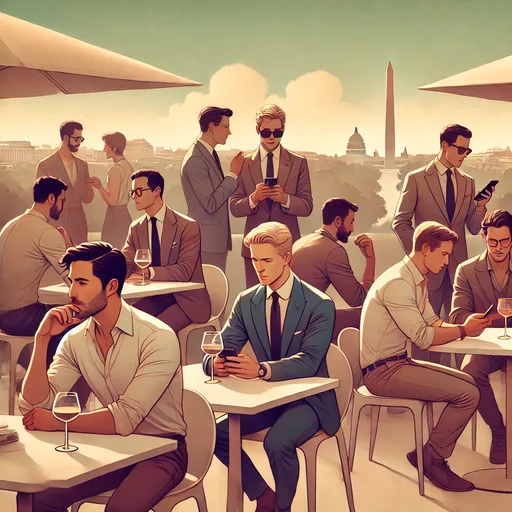
Your observation that dating in D.C. feels like “LinkedIn with abs” or a game of “what can you do for me, and how fast?” suggests a prevalence of behaviors that align with narcissistic traits—self-centeredness, entitlement, and a focus on personal gain over mutual connection. Research supports this, indicating that urban environments like D.C., which prioritize individualism and status, can foster such traits. A study on cultural influences found that societies valuing individual success, like the U.S., report higher narcissism levels compared to collectivist cultures (Culture and Narcissism). In D.C., the nation’s capital, this is amplified by a competitive professional culture where career advancement and networking often take precedence over emotional intimacy. The city’s transient population—many here for short-term political or career opportunities—further encourages superficial, short-term interactions over deeper bonds (Dating Challenges).
Psychologically, narcissistic traits can stem from early childhood experiences, such as excessive adoration or criticism, leading to fragile self-esteem that individuals compensate for through seeking validation in adulthood. For gay men, additional layers come into play. Societal stigma and internalized shame, as explored in The Velvet Rage by Alan Downs, can lead to emotional guardedness or a need to project confidence through status, appearance, or success (Velvet Rage Analysis). Downs argues that growing up in a heteronormative world often instills a sense of inadequacy, prompting some gay men to mask vulnerability with behaviors that resemble narcissism, like chasing external validation. A study comparing homosexual and heterosexual male students found that homosexual men scored higher on narcissism measures and lower on self-esteem, suggesting these traits may be a coping mechanism for societal pressures (Narcissism Study).
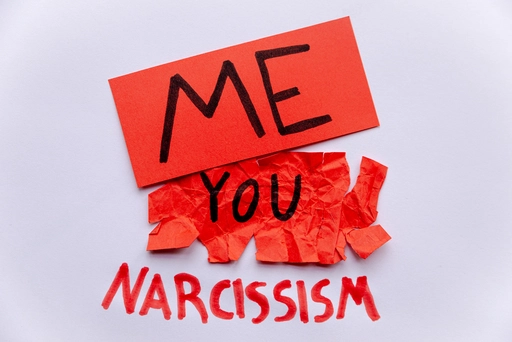
D.C.’s dating scene, particularly for gay men, reflects specific patterns that make it challenging. First, the ambition and status-focus you’ve noticed are deeply tied to the city’s professional culture. Many prioritize partners who enhance their social or career standing, leading to transactional dynamics—your “LinkedIn with abs” analogy is spot-on. A personal account from a gay man in D.C. described dating as driven by a “dating resume” mentality, focusing on advancement rather than substance (Dating Journey). Second, emotional guardedness is common, often rooted in fear of vulnerability or past experiences of discrimination. This can manifest as reluctance to open up, making authentic connections harder. Finally, the prevalent hookup culture, as another newcomer noted, prioritizes immediate gratification over emotional intimacy, with many men on apps seeking casual encounters rather than relationships (Hookup Culture Frustration).
These dynamics are compounded by D.C.’s broader dating challenges. The city’s transient nature means many are hesitant to commit, knowing they might leave for the next opportunity. The high-pressure work environment leaves little time for dating, pushing people toward quick, app-based interactions. For gay men, navigating a competitive social scene adds another layer, with pressure to conform to standards of success or appearance. A Reddit discussion highlighted how D.C.’s career-focused population can make dates feel like job interviews, limiting opportunities to connect on a deeper level (Reddit Discussion).
Table 1: Narcissistic Traits Observed in D.C. Dating
| Trait | Description in D.C. Context | Evidence from Your Letter |
|---|---|---|
| Entitlement | Expectation of special treatment or quick benefits | “What can you do for me, and how fast?” |
| Lack of Empathy | Disinterest in others’ feelings or needs | Ghosting unless there’s a social event |
| Need for Admiration | Seeking validation through status or appearance | Focus on “LinkedIn with abs” and social climbing |
| Exploitative Behavior | Using relationships for personal gain | Superficial connections at bars or events |
Table 2: Dating Challenges for Gay Men in D.C.
| Pattern | Description | Impact on Dating |
|---|---|---|
| Ambition/Status-Focus | Prioritizing partners for social or professional gain | Transactional, superficial connections |
| Emotional Guardedness | Reluctance to show vulnerability due to stigma or shame | Difficulty forming authentic, trusting bonds |
| Hookup Culture | Preference for casual encounters over relationships | Limited opportunities for meaningful connections |
Despite these challenges, you can find meaningful connections in D.C. with the right approach. Here are some evidence-based strategies to navigate the scene while staying true to yourself:
- Clarify Your Relationship Goals: Be upfront about seeking deeper relationships, whether on apps or in person. Profiles emphasizing shared values can attract like-minded individuals (Gay Dating Tips). This helps filter out those only interested in casual encounters.
- Engage in Community Events: D.C.’s vibrant LGBTQ+ community offers opportunities to meet people in supportive settings. Attend events like Capital Pride or join discussion groups at the DC LGBTQ+ Community Center. These spaces foster authentic connections beyond the bar scene.
- Set Emotional Boundaries: Protect your well-being by limiting time on hookup-focused apps and pacing physical intimacy. Building emotional bonds first can weed out partners seeking only validation (Matchmaker Advice).
- Recognize Narcissistic Red Flags: Watch for signs like constant self-focus or lack of empathy. Trust your instincts to avoid emotionally draining relationships (Signs of Narcissism).
- Prioritize Self-Care: Moving to a new city and navigating dating can be stressful. Engage in hobbies, exercise, or connect with friends to maintain resilience. Self-care ensures you approach dating with confidence (Dating Advice).
You mentioned feeling more connected in places like the Bay Area or Chicago, which suggests D.C.’s specific culture is a big factor, not a personal failing. Your humor and self-awareness are strengths—keep them as you explore this new chapter. Finding the right connections takes time, but with patience and these strategies, you can build relationships that go beyond “emotional dodgeball.” You’ve got this, and I’m rooting for you.”
Disclaimer: While we have consulted with a licensed clinical and forensic psychologist to inform the content of this article, it was written by the DistrictDrama.com team.

